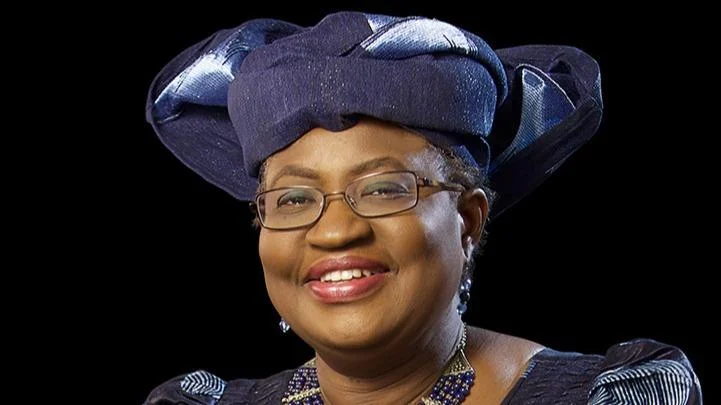Participants were welcomed by WIPO Deputy Director General Lisa Jorgenson and WTO Deputy Director-General Johanna Hill. Both underscored the importance of capacity-building initiatives jointly supported by both organizations.
DDG Hill noted: “We recently marked the 30th anniversary of the establishment of the WTO, and with it the 30th anniversary of the WTO Agreement on Trade-Related Aspects of Intellectual Property Rights, the TRIPS Agreement. In doing so, we recognized the enormous efforts undertaken — especially by developing countries — since the inception of the TRIPS Agreement, to build, modernize, and reform the legislative, administrative and enforcement foundations of their IP systems. WIPO has been an indispensable partner in that endeavour.”
The programme's timing was particularly significant, aligning with the recent conclusion of a groundbreaking new Treaty on IP, genetic resources and traditional knowledge by WIPO member states on 24 May 2024. Sessions in the Executive Programme spotlighted this recent development and provided participants an opportunity to put questions to experts from WIPO and the WTO, and to explore the wider policy implications of the new treaty, both at global and at national levels.
Participants engaged in a comprehensive curriculum featuring developments in patent law, digital copyright, generative artificial intelligence (AI), sustainable development, trademarks, design law, geographical indications and IP rights enforcement.
Today's complex policy environment demonstrates the need for IP experts to have tools and approaches to engage effectively with a broader range of stakeholders and interest groups. To explore inclusive approaches to policymaking, the Executive Programme piloted “deep dive” days to take a comprehensive view of topics such as:
- trade and public health;
- role of technology transfer in diffusion of climate change technologies and fostering sustainable food systems;
- digital trade and the role of IP in empowering women and supporting small- and medium-sized enterprises.
Participants were welcomed to Nestlé's Research Centre for an immersive learning tour. They interacted with experts from Nestlé's agri-research, research and development, food safety regulatory teams to understand how science innovation along with IP supports Nestlé's efforts to reduce carbon emissions promote green value chains integrate sustainable practices while working meet global demand safe food products beverages.
The Executive Program was launched as part collaboration between WIPO Academy WTO Intellectual Property Government Procurement Competition Division WTO Institute Training Technical Cooperation. This joint initiative exemplifies strong partnership between WIPO WTO supporting members observers navigate evolving IP landscape address global trade economic development challenges effectively.
___

